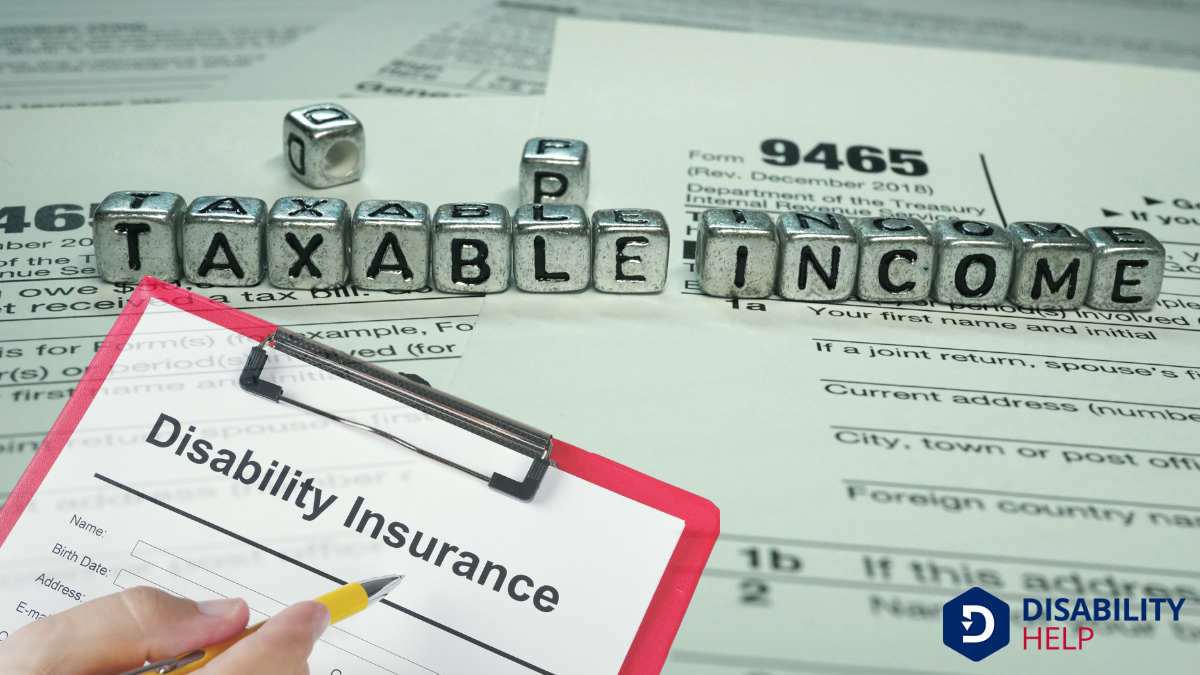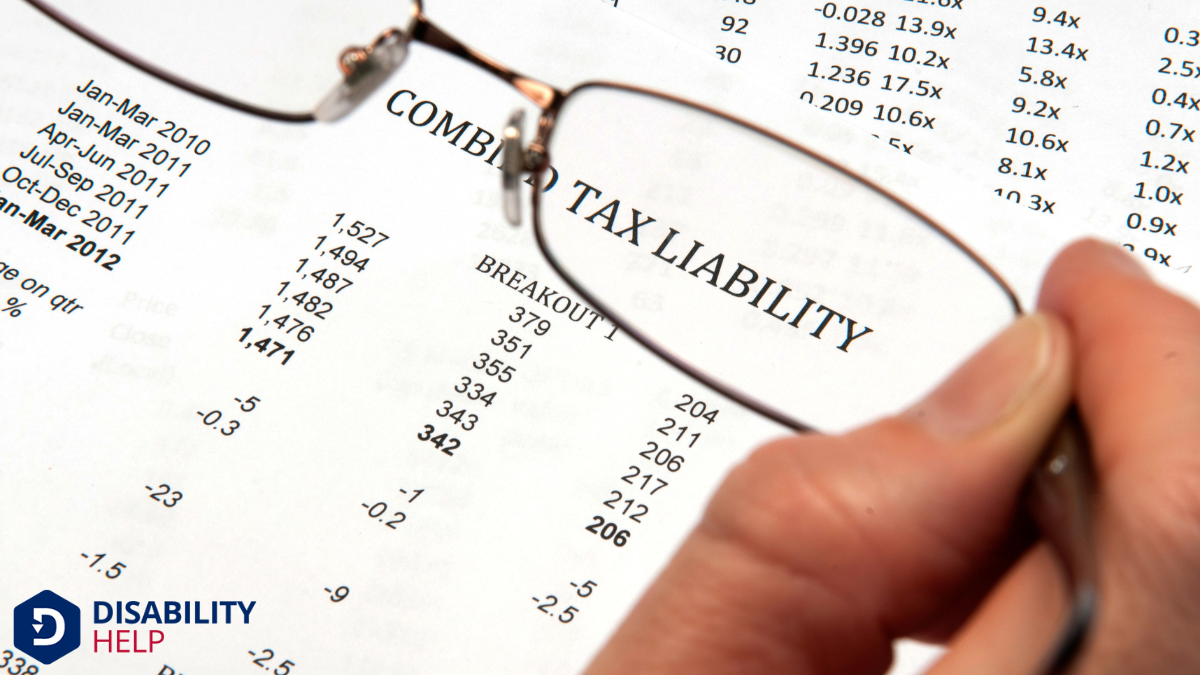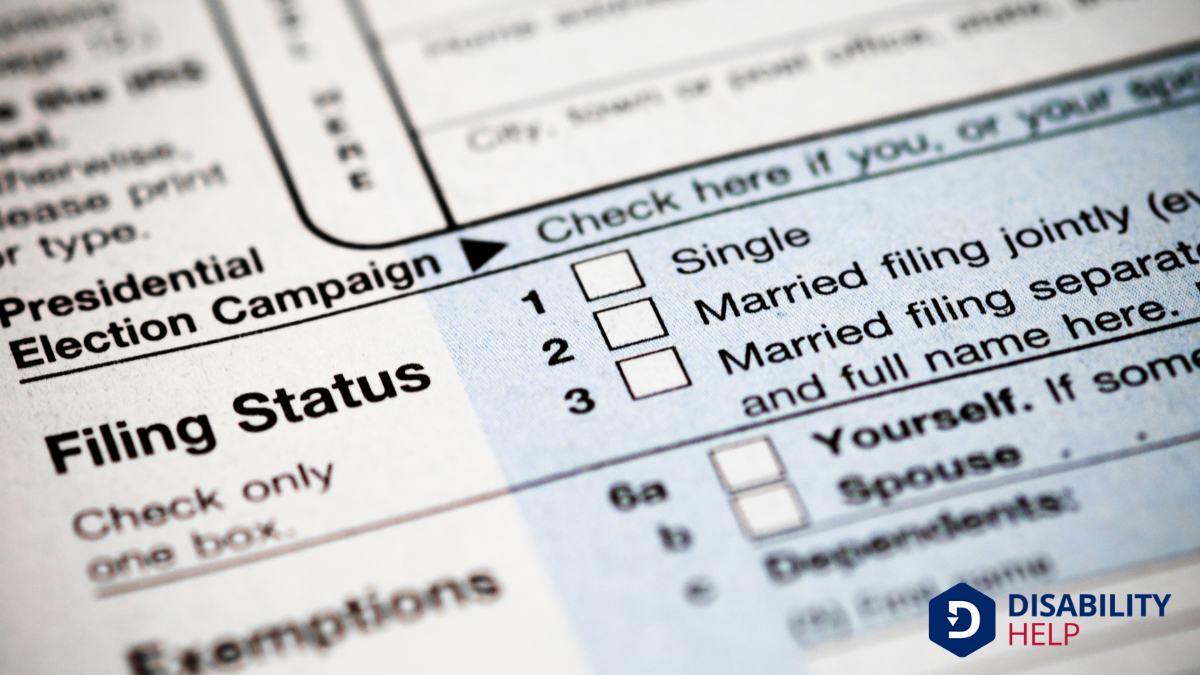As we explore the possibilities of receiving a tax refund while on disability, it's important to understand how different types of benefits impact our tax situation. While some benefits aren't taxable, others might be, depending on our total income. Managing this can be tricky, but knowing how tax credits and deductions work in our favor is key. Let's uncover the steps that could lead us to a potential refund.
Key Takeaways
- SSDI recipients may get a tax refund if they qualify for credits like the Earned Income Tax Credit (EITC).
- SSI benefits are non-taxable, so they don't directly result in a tax refund.
- Filing may be necessary for SSDI recipients with additional income exceeding IRS thresholds.
- Certain deductions, like medical expenses, may increase refund eligibility for disability recipients.
- Consulting a tax professional can help identify all eligible credits and deductions for maximizing refunds.
Understanding the Types of Disability Benefits
When we talk about disability benefitsFinancial assistance provided to individuals who are unable to work due to a disability, such as Soc..., do we really understand the different types available? We often hear terms like Social Security Disability Insurance (SSDI)A U.S. government program that provides financial assistance to individuals who are unable to work d... and Supplemental Security Income (SSI), but what do they mean for us?
SSDI benefits are based on our work history and how much we've paid into Social Security. It's meant for those of us who've worked long enough and paid Social Security taxes.
SSI, on the other hand, is need-based, offering support to individuals with limited income and resources, regardless of work history.
Understanding these distinctions helps us navigate the system better and access the right benefits. It's essential to know which benefits apply to our situation, ensuring we receive the support we need.
Taxability of Social Security Disability Insurance (SSDI)

Having explored the different types of disability benefits, it's important to understand how Social Security Disability InsuranceA form of insurance that provides income to individuals who are unable to work due to a disability. (SSDI) affects our taxes.
SSDI benefits may be taxable, depending on our total income. If we file taxes individually and our combined income exceeds $25,000, or if we file jointly and it exceeds $32,000, a portion of our SSDI benefits could be taxable.
Combined income includes our adjusted gross income, any nontaxable interest, and half of our SSDI benefits. It's essential to calculate accurately to avoid surprises.
We recommend checking IRS guidelines or consulting a tax professional to determine our specific tax liability. This way, we can guarantee we're prepared and informed when it's time to file our taxes and potentially receive a refund.
Supplemental Security Income (SSI) and Taxes
Although many people assume all disability benefits are the same, Supplemental Security Income (SSI) operates differently from SSDI, especially regarding tax implications.
SSI is a need-based program, meaning it provides financial assistance to those with limited income and resources. Unlike SSDI, SSI payments aren't taxable.
Here's what we should know about SSI and taxes:
- Non-Taxable Income: SSI benefits aren't subject to federal income taxes, so we don't need to report them as income.
- State Tax Considerations: Some states might've additional considerations, but generally, SSI remains non-taxable at the state level too.
- No Tax Withholding: Since it's non-taxable, there's no need to withhold taxes from SSI payments.
- Eligibility Impact: Receiving SSI doesn't affect our eligibility for other tax credits or refunds.
Filing Requirements for Individuals on Disability
Maneuvering the filing requirements for individuals on disability can seem complex, but understanding the essentials makes it manageable.
First, let's determine if we need to file a tax return. If we're solely receiving Social Security Disability Insurance (SSDI), we typically don't need to file unless we've additional income exceeding IRS thresholds. It's vital to check these limits annually, as they can change.
For those of us receiving Supplemental Security Income (SSI), it's simple: SSI alone isn't taxable, and we usually don't have to file.
However, if we're married or have other income sources, our situation might change. Let's verify we review IRS guidelines or consult a tax professional to stay compliant and potentially qualify for a refund where applicable.
How Additional Income Impacts Your Tax Liability

Even when we're receiving disability benefits, additional income can greatly influence our tax liability.
It's essential to understand how this works so we can make informed decisions. Here are a few key points:
- Thresholds Matter: Any income over certain limits can increase our taxable income. Knowing these thresholds helps us plan better.
- Types of Income: Wages, self-employment earnings, and even some investment returns can be taxable. Let's make sure we're reporting everything accurately.
- Social Security: If our total income, including benefits, exceeds a specific amount, part of our Social Security benefits might become taxable.
- Filing Status: Our marital status or filing jointly can change our tax situation. It's important to choose the right status to minimize our tax burden.
Understanding these elements helps manage our taxes efficiently.
Tax Credits Available for Individuals on Disability
While traversing the complexities of tax filings, we should be aware that several tax credits are available to ease the financial burden for individuals on disability.
The Earned Income Tax Credit (EITC) is especially beneficial. If we've low to moderate income and meet certain requirements, this credit can greatly reduce our tax liability or even result in a refund.
Additionally, the Child and Dependent Care Credit helps if we're paying for the care of a dependent while working or looking for work.
The Credit for the Elderly or Disabled is another option for qualifying individuals over 65 or those retired on disability.
Determining Your Eligibility for Tax Deductions
Understanding the tax credits available to us on disability can greatly improve our financial outlook, but knowing which deductions we qualify for is equally important.
Let's explore some potential deductions that could benefit us:
- Medical Expenses: If our medical expenses exceed 7.5% of our adjusted gross income, we can deduct them. This includes prescriptions, equipment, and even travel costs for medical care.
- Impairment-Related Work Expenses: Those of us who work despite our disabilities can deduct costs directly related to our employment, like specialized equipment.
- Charitable Contributions: Donations to qualified charities are deductible, allowing us to support causes we care about while reducing taxable income.
- Home Modifications: If we've made modifications to our home for accessibilityThe design of products, devices, services, or environments to be usable by people with disabilities...., these costs might be deductible, easing the financial burden.
Understanding these deductions helps us make the most of our situation.
Filing Status Considerations for Disability Recipients

How does our filing status affect the way we handle taxes as disability recipients?
Our filing status plays an essential role in determining our tax obligations and potential refunds. Whether we're single, married filing jointly, married filing separately, head of household, or a qualifying widow(er), each status has unique implications.
For instance, if we're married, filing jointly might provide beneficial deductions and credits compared to filing separately. On the other hand, filing as head of household could offer us better tax rates if we qualify.
It's important we choose the correct status because it impacts the standard deductions and credits we can claim. Understanding how our filing status interacts with our disability benefits guarantees we're managing our taxes effectively.
Steps to Claim a Tax Refund on Disability
Choosing the right filing status lays the groundwork for managing tax refunds as disability recipients.
Let's break down the steps to claim our tax refund:
- Gather Necessary Documents: We need our Social Security benefits statement (SSA-1099) and any other income documents. Keeping them organized is essential.
- Determine Taxable Income: Calculate if our benefits are taxable. If we've other income sources, a portion of the disability benefits might be taxable.
- Choose the Correct Forms: Select the appropriate tax forms, such as the 1040. This guarantees we report everything accurately.
- File Electronically or by Mail: We can file our return electronically for faster processing, or by mail if we prefer traditional methods.
Following these steps can help us secure our tax refund confidently.
Seeking Professional Tax Advice for Disability Benefits
Why should we consider seeking professional tax advice when dealing with disability benefits? Steering through the intersection of tax laws and disability benefits can be complex.
Each person's situation is unique, and a tax professional can help us understand how our disability income impacts tax obligations and potential refunds. They'll guarantee we claim all eligible deductions and credits, maximizing any possible refunds.
Moreover, tax professionals stay updated on the ever-changing tax regulations, providing guidance tailored to our needs. This expertise can prevent costly mistakes and give us peace of mind, knowing we're compliant with tax laws.
Conclusion
In summary, while traversing taxes on disability benefits can seem intimidating, we're not alone in this journey. By understanding the types of disability benefits, filing requirements, and how additional income impacts our tax liability, we can take informed steps to maximize potential refunds. Don't forget—exploring eligibility for deductions and credits, like the Earned Income Tax Credit, can be essential. Let's not hesitate to seek professional tax advice to guarantee we're making the most of our situation.






